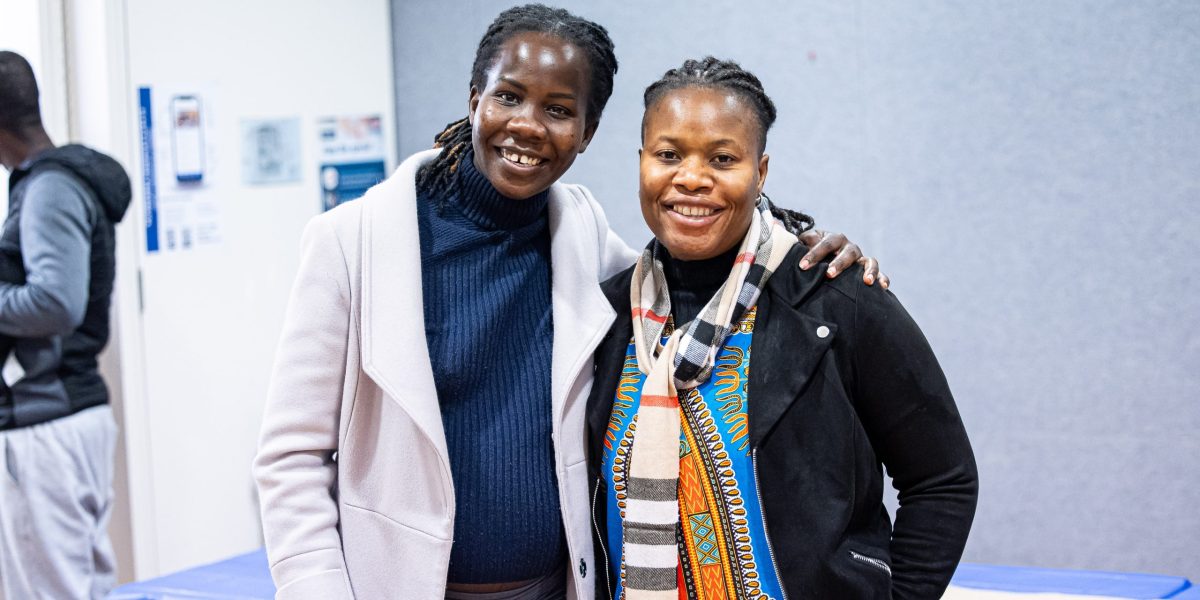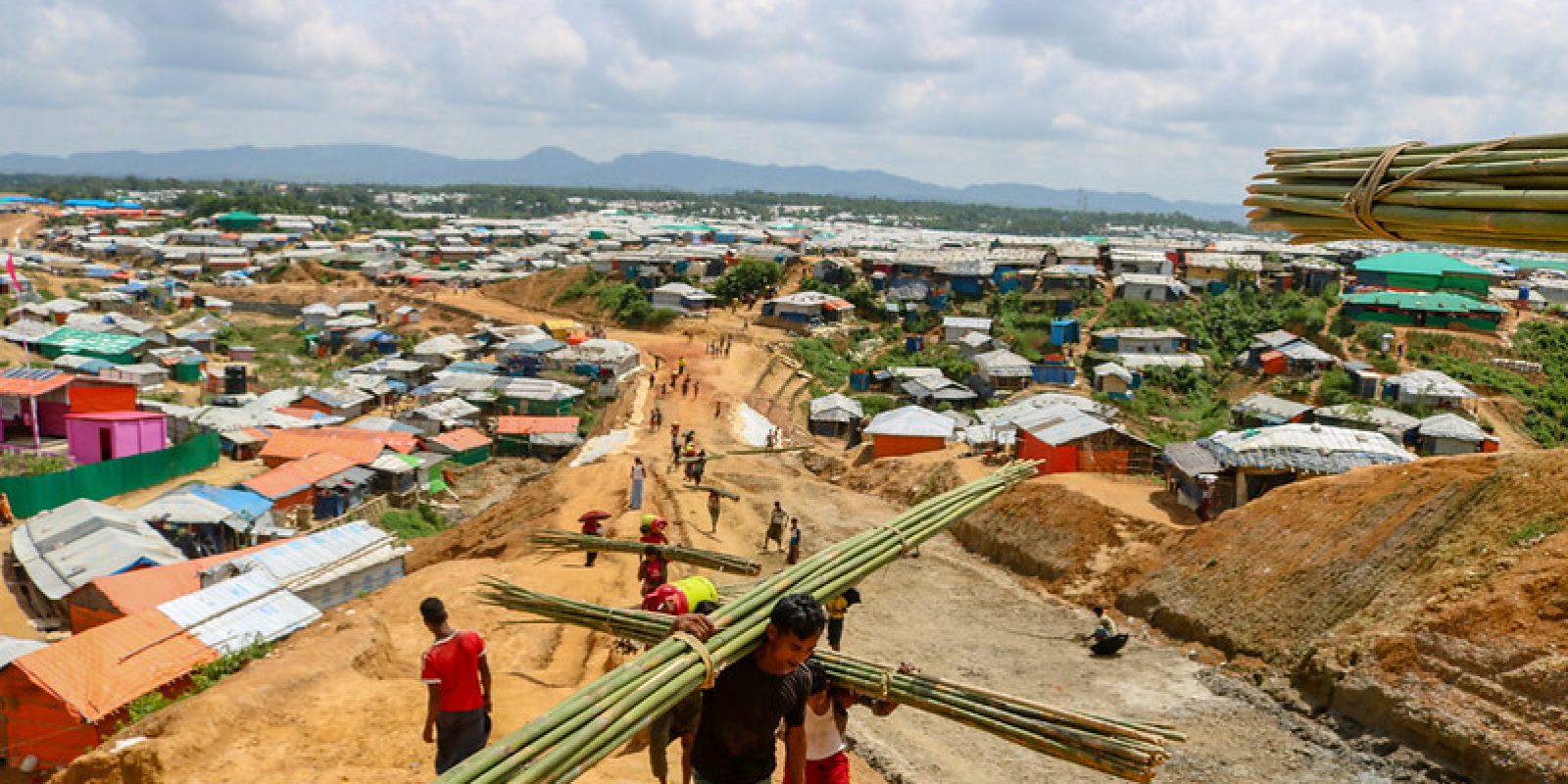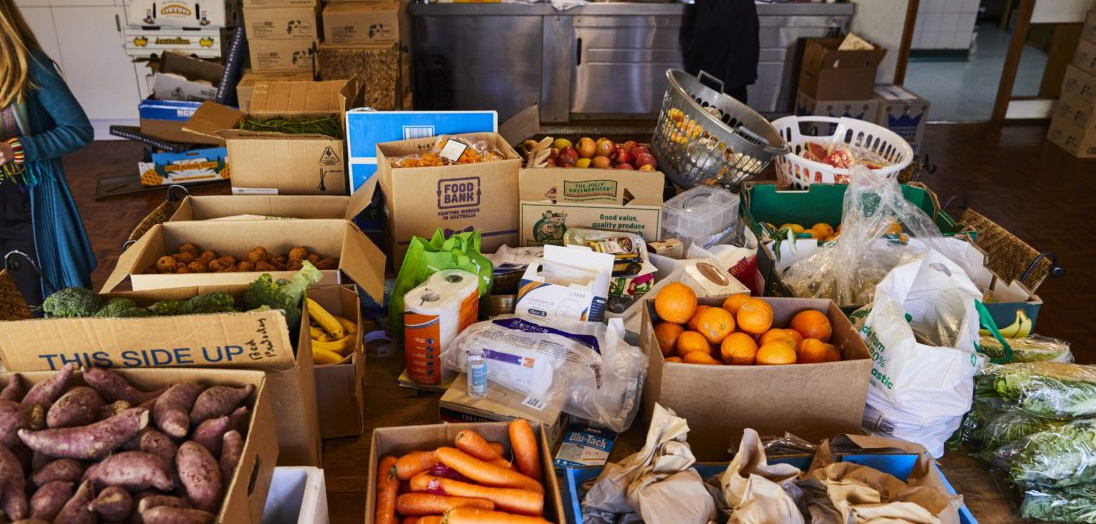Reflections on Homelessness: Casework Insights from the Frontlines
30 July 2024|Rose Maninytia

Reflections on Homelessness: Casework Insights from the Frontlines
Rose Maninytia, our Casework and Emergency Relief Manager, highlights the severe risk of homelessness faced by families seeking asylum.
For the past 3 months, between May to July, the Casework and Emergency Relief team has received a total of 289 contacts from clients directly or through organisational referrals for assistance. These requests range from financial support for rent for clients in accommodation or clients in crisis who are experiencing homelessness, and other requests for medical support, food, legal support and material aid support.
These compounding concerns mean our clients often have to choose between their most pressing needs, sacrificing food for rental payments, or delaying medical treatment to put food on the table.
Out of the 289 contacts to our team over the last 3 months, 160 cases have been from clients (or referrals for clients) who have experienced a form of homelessness.
16 contacts have been made for clients who are experiencing primary homelessness – meaning these clients are either sleeping rough at train stations, in their cars, on the streets or in a garage.
35 contacts were form clients experiencing secondary homelessness – meaning they have no accommodation and are couch-surfing at friends houses, sleeping on floor, or some are living in temporary accommodations, including hostels and transitional accommodation.
A larger number again of our clients are experiencing tertiary homelessness. This means they are living in accommodations that are below community standards or are living in an unaffordable accommodation and therefore are constantly in rental arrears. Overwhelmingly, the largest number of clients who have contacted us are, at minimum, facing a very real risk of homelessness. Clients are unfortunately presenting with huge rental arrears, evictions notices or letters asking clients to vacate and appear at a tribunal.
Risks factors we can identify
- Unemployment: The clients we serve are unable to afford safe housing primarily due to a lack of permanent, stable employment – or a lack of employment at large.
- Insecure visa status: Clients have reported difficulties in securing employment or permanent employment due to the nature of their residency status – with bridging visas that expire every 3 or 6 months, some clients do not have work rights at all.
- Caring responsibilities: Many clients also have carer responsibilities, including single mothers seeking asylum or on temporary visas who have young children and are not able to enter the workforce as they cannot afford childcare costs and are not eligible for Commonwealth Government subsidies. Those single mothers who have been working face a further risk of homelessness after going on maternity leave, as they are often not eligible for paid parental leave.
- Underemployment: A majority of our clients who have been able to access employment are working in casual jobs, often insufficient to accommodate the increase in cost-of-living pressures experienced across the county, especially for clients with big families to care for. These casual jobs are dependent on availability of shifts, work and weather and are therefore highly insecure, irregular, and unreliable.
- Age and Language: Clients above the age of 55 are very commonly unable to secure employment due to their age and tendency to speak very limited English.
Funding is limited and we are struggling to meet demand.
The waitlist for our small team of caseworkers to respond to referrals is currently between 6 to 8 weeks.
This is a real barrier as by the time we contact clients, some of them are already experiencing primary or secondary homelessness, and in most instances the support we can provide to them is very limited and can barely cover a week’s rent, let alone a huge arrears and bond for a new housing.
We work very closely with other services in the sector to provide further assistance, however due to lack of funding, most services also have similar waiting periods and can only provide limited assistance.
Previously when funding was available for Multicultural NSW, we were able to connect very vulnerable clients with on-going payments, and we could work with other organisations to cover bonds and pay arrears for clients. This is not possible now due to lack of funding.
We need systemic change to lift our clients out of housing insecurity
Sometimes we listen to clients who are sleeping rough on the floor of friend’s houses or on the couch, at train stations or in their car and all we can do is refer to an organisation like “Link 2 Home” for 3 nights of accommodation, offer a gift card to buy an air mattress, pass on a donated blanket or share a fuel card.
Many of our clients are not eligible for SRSS payments (the main Federal government financial support afforded to some refugees and people seeking asylum in Australia). To date these have been the only reliable pathway to safe and ongoing housing for clients that are unable to work.
We are therefore the very final line between safety and homelessness for our clients, and the support we have to offer is not enough to protect them.
The sector must continue with advocacy as this seems the only way out.
The recommendations I have to make are a matter of basic human rights:
- All people on temporary visas, especially people who are seeking protection should be able to access public housing as needed. Financial insecurity should not deprive someone the right to a safe place to live.
- SRSS eligibility should be relaxed to accommodate more people, and relevant departments need to end the practice of granting bridging visas that deny the right work. This would allow more people to join the workforce so they are able to afford hosing, and contribute to the Australian economy.
- All children, including children seeking asylum, should be able to access early learning facilities, for their development and care. This would also free up parents’ time to participate in the work force, and reduce the number of young families at risk of homelessness.
- Sector and community services should be made available to all people seeking asylum and people on temporary visas. For example, we are very grateful to Goodstart Early Learning Centre who have been working with us to provide placements for at-risk children seeking asylum through Services Australia. While this has been an invaluable resource, the criteria for eligibility is very strict, and not all children seeking asylum are eligible.
Our Engagement and Advocacy
JRS Australia is part of a working group collecting data to present to the Department of Home Affairs regarding the need for SRSS eligibility to be relaxed. Our intention is to campaign to make SRSS more accessible for vulnerable clients, including the “double negative” or “post-review” cohort, which includes clients who are stuck in limbo, unable to return home, but without a pathway to securing asylum in Australia.
JRS Australia is also collecting data to present to Goodstart and Services Australia to make access to childcare possible for all children seeking asylum. This is part of our responsibility to ensure all children in Australia are provided with minimum standards of development and well-being.
You may wish to read the submission we made to a New South Wales Health Inquiry, regarding the risk factors and barriers to early childhood healthcare faced by children seeking asylum and children on temporary visas.
What can you do?
Please engage with us during Homelessness Week 2024, and throughout the year as we continue to update you about the severe risk of homelessness to vulnerable members of our community.
Your support means so much to us – and your solidarity is necessary to achieve systemic change.
- Donate: Your financial support enables us to continue our critical work. Every donation, no matter the size, makes a difference in the lives of those we support. We have lost a lot of crucial funding following the pandemic, and we need your help to ensure our programs have financial viability over the long-term.
- Volunteer: Join our team of dedicated volunteers who assist with various aspects of our programs. Your time and skills are invaluable in making a tangible impact. Learn more here.
- Advocate: Use your voice to raise awareness about the challenges faced by refugees and people seeking asylum. Share our stories, engage in discussions, and support policies that promote social justice, equity, and real change.
- Educate: Learn more about the experiences of refugees and people seeking asylum. Understanding our shared stories and struggles is the first step towards creating a more inclusive and compassionate community. We run a School and Community Engagement Program that offers the opportunity to hear leaders with lived experience first-hand – please consider hosting a session with us!
Please also read our case study about Marie and John, providing a common account of the situations faced by our clients at risk of homelessness.


